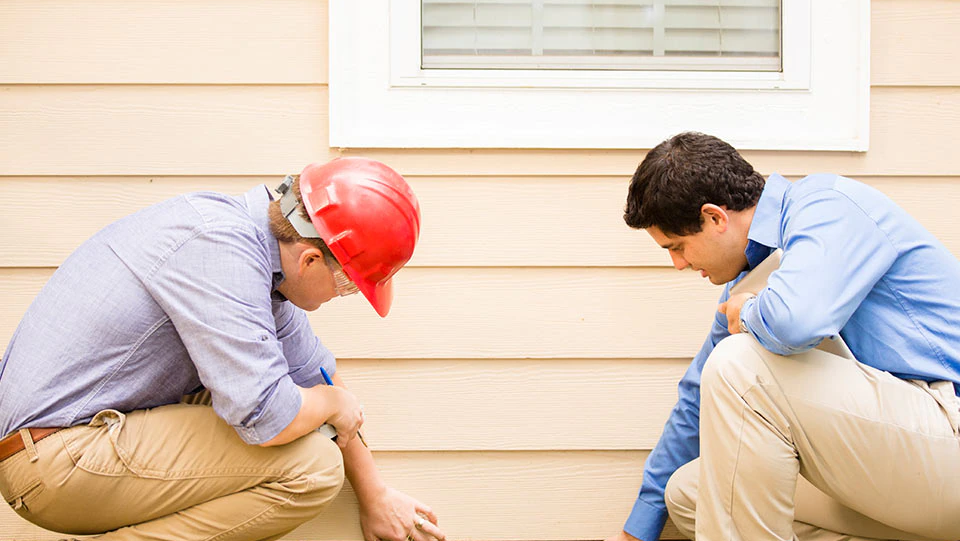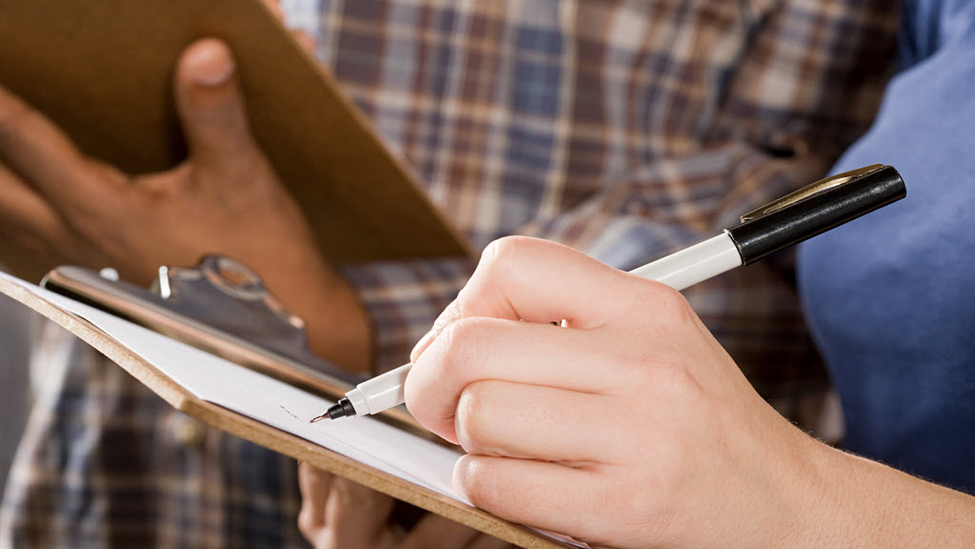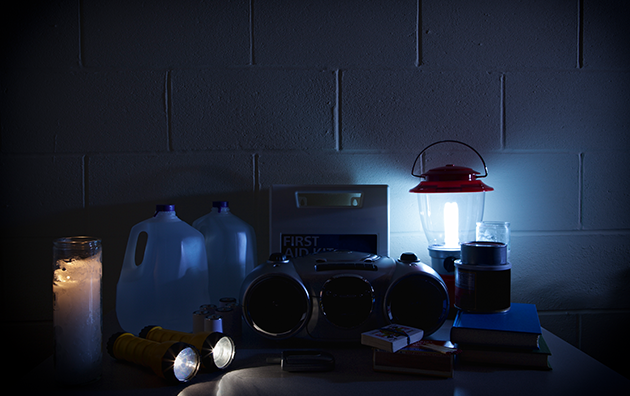8 Disaster Preparedness Tips

(DESCRIPTION)
Text, Travelers. Packing a Survival Kit
In animation, dark clouds and lightning over a house; the lights go out.
(SPEECH)
When severe weather strikes, you may lose power. Now, imagine if that power outage lasted for days.
(DESCRIPTION)
Bottled water, medical supplies, blankets.
(SPEECH)
You don't need to be caught unprepared if you take the time to assemble a home survival kit long before the threat of catastrophic weather.
(DESCRIPTION)
A pencil marks one week on a calendar.
(SPEECH)
For starters, it's helpful to have at least a week's worth of essentials to get you by. Here are some items to consider for your survival kit-- 4 liters of water per person per day, plus extra water for your pets, non-perishable and canned foods and a non-electric can opener, at least one week supply of medications for family members and pets, hand sanitizer and other personal hygiene items, battery-powered light sources like flashlights and lanterns-- don't forget to include extra batteries. A battery-powered or hand-crank radio, extra clothing and blankets, baby supplies and pet food, a first aid kit, and a notebook with emergency numbers and contacts, chargers for your electronics, including a car charger, a whistle to signal for help.
(DESCRIPTION)
Dark clouds move away from a house and a new day dawns. A man, woman and child stand at the front doorway.
(SPEECH)
Whether you're evacuating to safety or weathering a storm at home, having the basic necessities can help make a challenging situation safer for you and your family. Talk to your insurance broker today for more suggestions on how to protect your home and family.
(DESCRIPTION)
Text, travelers canada.ca. Travelers Canada, 165 University Avenue, Toronto, Ontario M5H 3B9. This material is for informational purposes only. All statements herein are subject to the provisions, exclusions and conditions of any insurance policy issued by Travelers Canada. It is not a representation that coverage does or does not exist for any particular claim or loss under any such policy. Coverage depends on the facts and circumstances involved in the claim or loss, all applicable policy provisions and any applicable law. Copyright 2021 Travelers Canada. All rights reserved. Travelers and The Travelers umbrella logo are registered trademarks of The Travelers Indemnity Company in Canada, the US and other countries. Travelers Insurance Company of Canada, the Dominion of Canada General Insurance company and St. Paul Fire and Marine Insurance Company (Canada Branch) are the Canadian licensed insurers known as Travelers Canada
In the event of a natural disaster, having a preparedness plan can be a critical element in helping secure a safe transition out of danger for you, your loved ones and your property. Preparation is key, but it is also important to stay calm and focused during an emergency. If you are ordered to evacuate, do so. If you are not evacuating, use your time wisely to prepare.
- Communicate where you will be. Contact someone outside the affected area to tell them where you will be for the duration of the event.
- Know the warning signs and alert signals for your area. Stay tuned to your local television or radio station or community alert system for emergency information.
- Check your emergency survival kit. Make sure your emergency survival kit is stocked with essential items and kept in an easily accessible location.
- Collect emergency building materials. Depending on the type of disaster, you may want to have emergency materials on hand, such as plywood, sandbags and waterproof tarps.
- Fuel up your vehicles and equipment. If you have an emergency generator, make sure you have fresh fuel on hand. Depending on your situation, you may need a supply of extra fuel. If so, be sure to store the spare fuel in an approved container in a safe location. Never use a generator inside or even in a garage. Make sure it is located a safe distance from windows, doors and vents.
- Be sure you have car chargers for your cellphone, smartphone and other portable devices. Having car chargers available can assist you in staying in communication with others if your electricity goes out. Do not forget to fully charge devices before a storm.
- Secure all outdoor objects or move them inside. Barbeques, patio furniture and flowerpots are common household items that can become airborne in high winds. Do not use grills barbeques inside or store propane tanks inside the house or garage.
- Know how to shut off all utilities. It is always a good idea to know how to turn off the gas, electricity and water in your home. If you need to evacuate suddenly, it may be prudent to turn off utilities before leaving. Before doing so, consider equipment that can help minimize damage and should therefore not have utilities interrupted, such as electricity to sump pumps or fire protection equipment.


